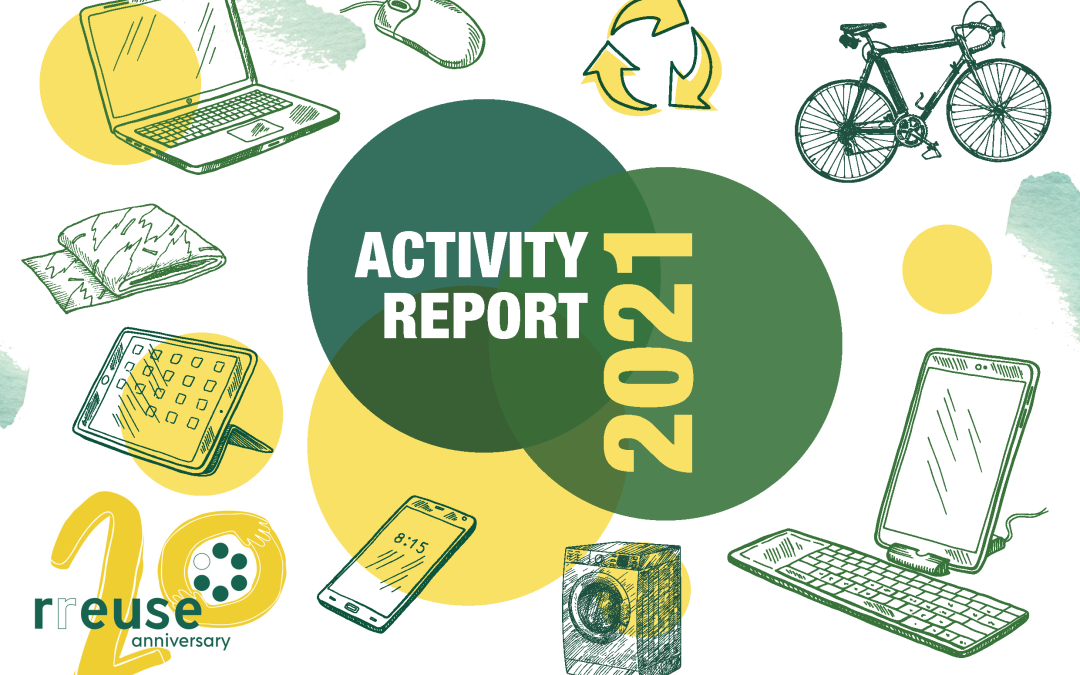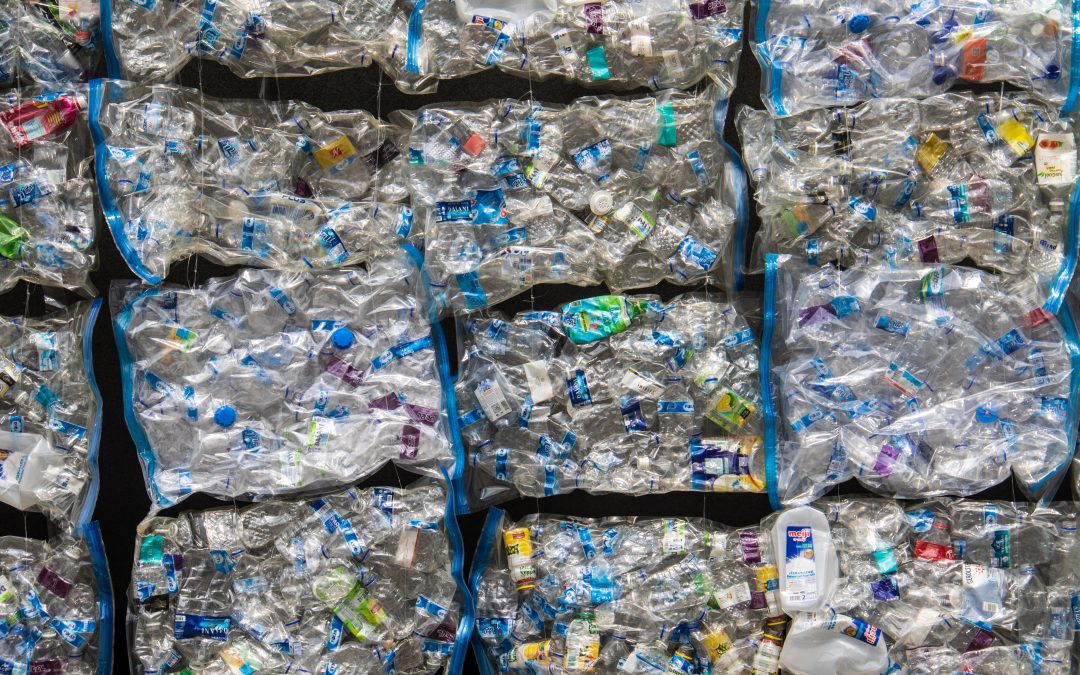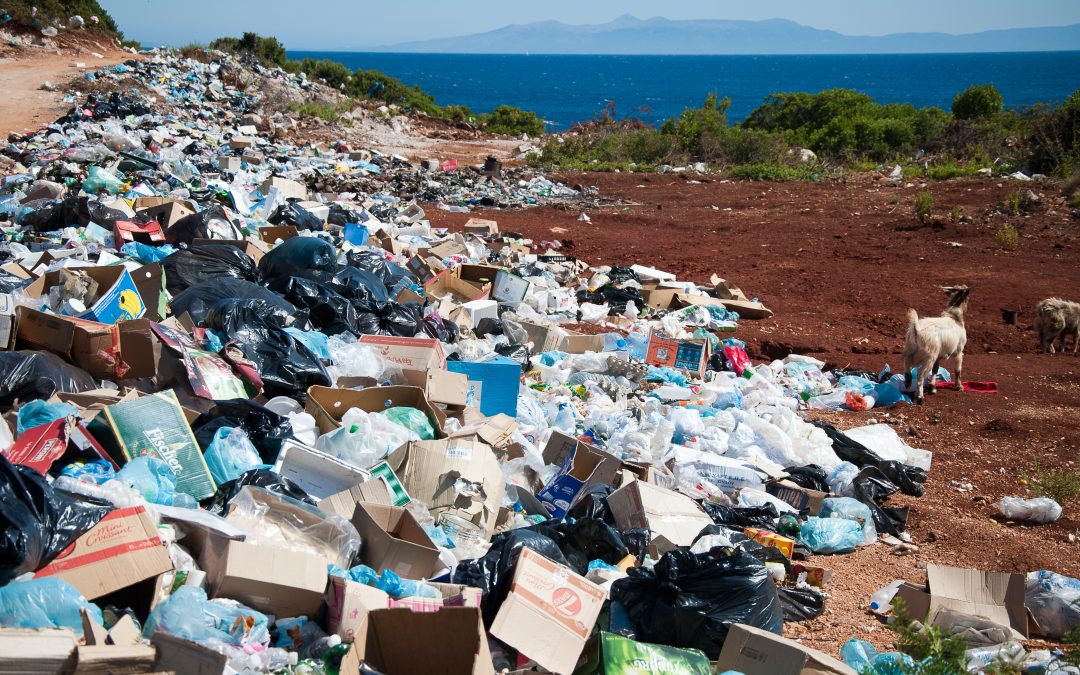
RREUSE Activity Report 2021
“ We are facing the challenge of transforming the production-based linear economy into a circular value preservation economy. ”

“ We are facing the challenge of transforming the production-based linear economy into a circular value preservation economy. ”

Aiming at accelerating the green and digital transitions of the EU industry, the European Commission has prepared a Staff Working Document to outline possible scenarios for a transition pathway for a more resilient, sustainable, and digital textiles ecosystem. RREUSE reflected on the issues and possible output scenarios for 2030 that were presented in the Staff Working Document, and put together the response below.

RREUSE is pleased that Marche Region (Italy) will develop a re-use valoriser training course to improve the management of the regional Re-use Centres network. This initiative has been taken in the framework of the 2LIFES project, which aims at promoting re-use through public policies.

So far, EU member states’ waste prevention plans do not adequately implement quantitative targets. So far, EU member states’ waste prevention plans do not adequately implement quantitative targets.

RREUSE, in accordance with ENSIE, proposes adding another exception to Article 1 of the De Minimis Regulation. With this proposal, RREUSE joins partner organizations’ call to advocate for the development of the job creation potential brought by work integration social enterprises.